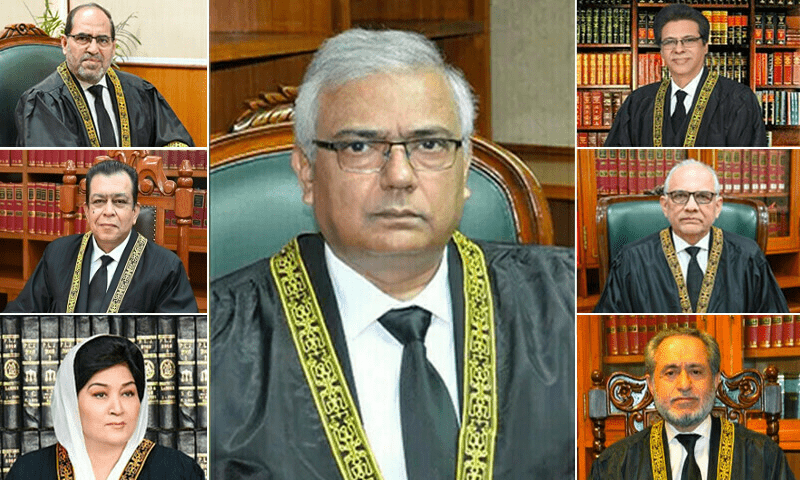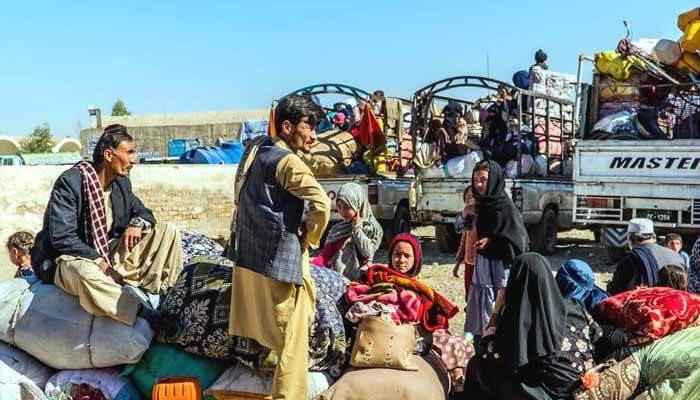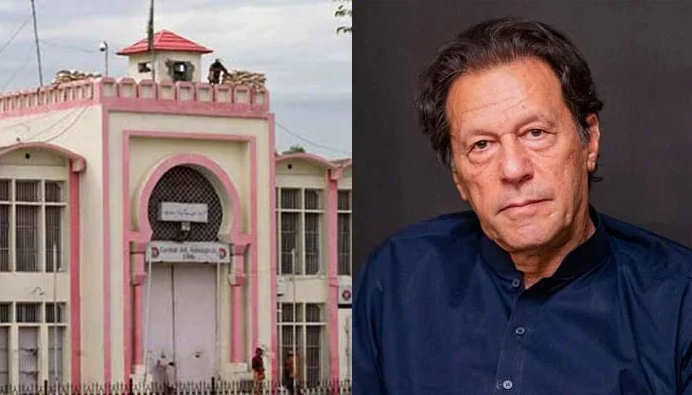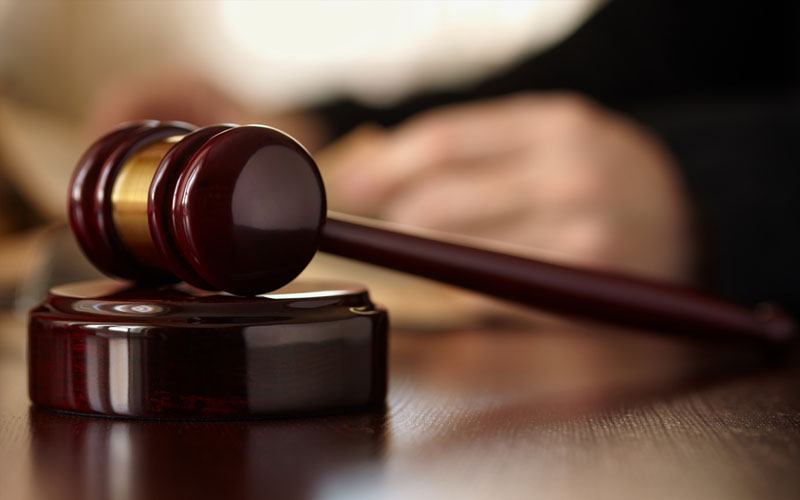LEGAL

The Supreme Court of Pakistan resumed its hearing on appeals against the trial of civilians in military courts for their alleged involvement in the May 9 riots of 2023. A seven-member constitutional bench, headed by Justice Aminuddin Khan, probed the legality and rationale of military trials for civilians, raising critical questions about the judicial process.
On December 13, the SC’s constitutional bench conditionally allowed military courts to pronounce verdicts for 85 civilians in custody for their alleged roles in the May 9 riots. By December 21, military courts sentenced 25 individuals to prison terms ranging from two to 10 years, followed by another 60 civilians receiving similar sentences a week later. On January 2, mercy petitions for 19 convicts were accepted on humanitarian grounds.
During today's proceedings, Justice Syed Hasan Azhar Rizvi questioned the necessity of military trials, noting that even terrorists in past cases were tried in ordinary courts. “What did the people involved in May 9 have to go to military courts for?” he asked.
Justice Jamal Khan Mandokhail highlighted potential disparities in evidence presented to military versus anti-terrorism courts. “Why are anti-terrorism courts not being strengthened?” he asked. “Courts must decide based on evidence.”
Justice Muhammad Ali Mazhar questioned the criteria for determining which individuals were tried in military courts versus anti-terrorism courts. “The accused is being acquitted by the anti-terrorism court and then sentenced by the military court. Is specific evidence being provided to the military courts?”
Advocate Khawaja Haris, representing the defence ministry, referred to a prior SC decision that declared military trials of civilians unconstitutional. However, he defended the current trials, suggesting they adhered to the law.
Advocate General of Punjab Ahmad Awais claimed prisoners involved in the May 9 cases were held in humane conditions, enjoying outdoor access and coffee facilities. Justice Mussarat Hilali expressed skepticism, stating that the court would seek a reform committee report to verify his claims.
Analyst Hafeezullah Niazi raised concerns about lawyers’ inability to sign power of attorney for accused individuals. The bench acknowledged these concerns, emphasizing that legal access must not be obstructed.
The hearing has been adjourned until tomorrow, as the court continues to examine the validity and procedures surrounding these controversial military trials.




